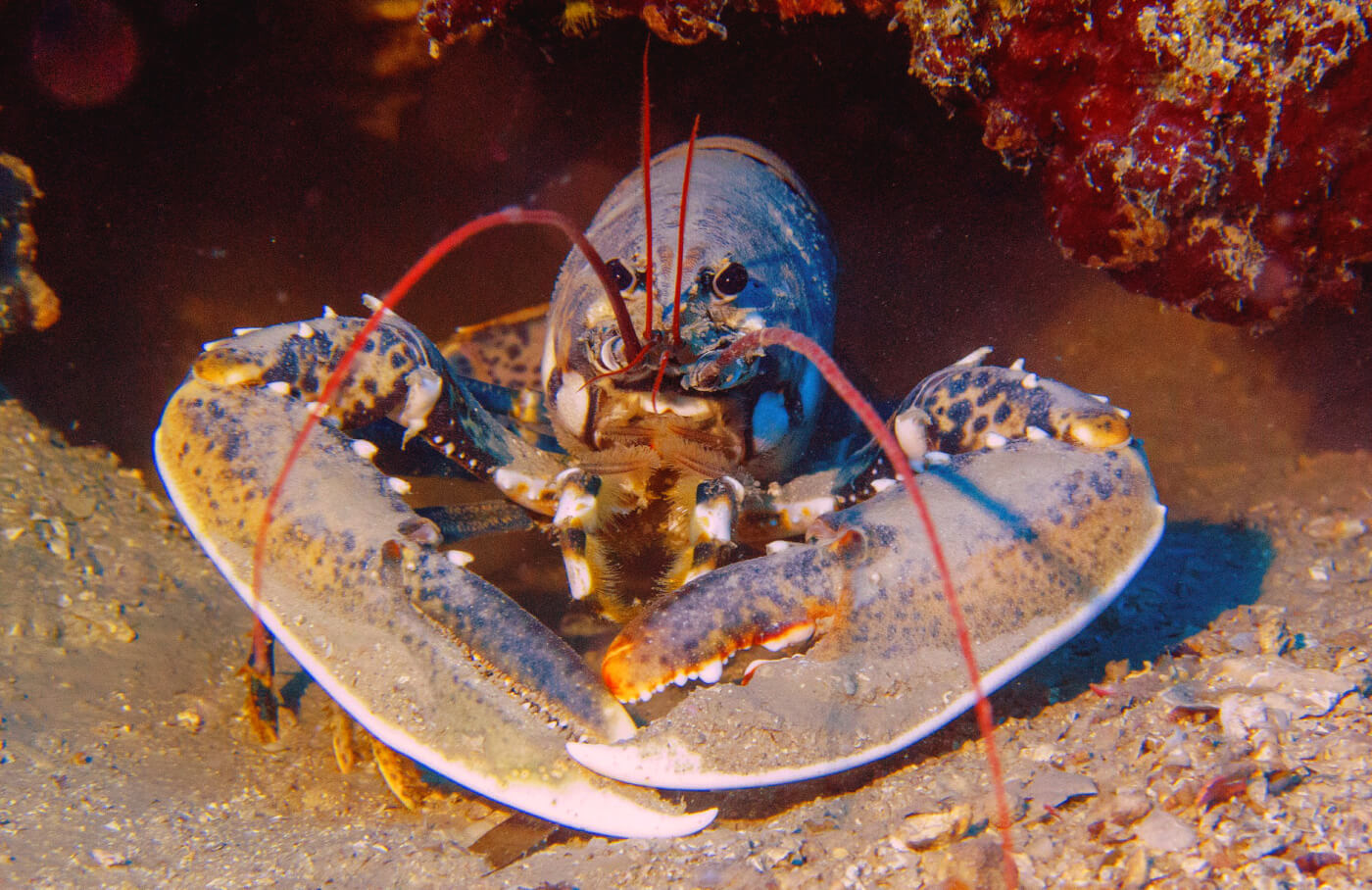Across the expanse of culinary practices worldwide, the boiling of lobsters has traditionally been hailed as a gastronomic rite. Yet, as society evolves and ethical considerations broaden, this practice warrants scrutiny. The notion of boiling lobsters alive raises paramount questions regarding animal welfare, ethical consumption, and the burgeoning understanding of crustacean sentience. A deep dive into both the scientific and philosophical realms reveals a complex tapestry woven from evolving moral standards and scientific findings.
Historically, lobsters have been viewed rather simplistically: as mere seafood, devoid of emotion or suffering. For decades, this perception facilitated their preparation and consumption without a second thought. However, emerging research suggests that these creatures are endowed with a nervous system capable of responding to stimuli in a manner that indicates potential suffering. Studies have shown that lobsters possess nociceptors—nerve endings that react to harmful stimuli. While the scientific community engages in heated debates over the extent of their consciousness, the implications are profound. If lobsters can experience pain, then their treatment in these culinary traditions demands reevaluation.
The mechanistic view of lobsters, akin to that of inanimate objects, is increasingly being challenged. Some scientists posit that the emotional responses of crustaceans might be more complex than previously conceived. This shift invites a plethora of ethical considerations. If these animals experience suffering, then boiling them alive transforms from a quaint cooking method into a more heinous act of cruelty. Lobsters, like any sentient beings, deserve to be treated with dignity and respect; the trivialization of their plight does not erase the moral imperative to mitigate suffering.
Furthermore, the methods by which lobsters are transported and stored further compound their potential distress. Transportation conditions can be cramped and inhospitable, with creatures subjected to extreme temperature fluctuations. Coupling this treatment with the practice of boiling—an act that many argue is akin to torture—reveals a glaring incongruity between our culinary practices and our ethical obligations as stewards of the planet.
The ethical debate surrounding boiling lobsters also intersects with societal norms and cultural practices. For many, seafood forms an integral part of culinary heritage. These traditions are often deeply rooted, reflecting centuries of food practices and cultural identity. However, as cultures evolve, so must our understanding of compassion and empathy. The acknowledgment of suffering should push society toward reconsidering long-held traditions that may no longer align with contemporary ethical standards.
Moreover, cultural inertia must be confronted with accountability. Activism in the realm of animal rights has galvanized significant shifts in public consciousness. Campaigns aiming to abolish inhumane practices have successfully reached diverse demographics, sowing the seeds of change. This growing visibility encourages consumers to explore alternatives, thereby prompting a paradigm shift toward humane treatment of all sentient beings.
In response to scientific revelations, several countries have enacted legislation aimed at curtailing the cruelty associated with boiling lobsters alive. For instance, jurisdictions like Switzerland and New Zealand have taken substantial strides by requiring that crustaceans be stunned prior to cooking. Such legislative movements not only reflect an increasing sensitivity toward animal welfare but also illustrate the power of collective advocacy. The intersection of law, ethics, and science reveals an opportunity to reshape practices that historically went unchecked.
As the discourse surrounding lobster boiling evolves, it invites us to interrogate our collective conscience. The question is not merely about whether boiling lobsters is cruel, but what it reveals about our values as a society. In today’s globalized world, consumers are empowered with choices. The demand for ethically sourced and humanely prepared food is on the rise, bringing forth a plethora of alternatives ranging from plant-based seafood substitutes to more humane cooking practices.
Shifts in culinary practices are already evident, as chefs and restaurateurs become more attuned to the ethical implications of their menus. Innovative alternatives that both respect animal welfare and deliver satisfying culinary experiences are emerging. Lobster rolls made with plant-based ingredients and creative culinary inventions that mimic lobster flavors serve as powerful testaments to a changing landscape—one that respects both tradition and ethical standards.
In conclusion, the question of whether boiling lobsters alive constitutes animal cruelty extends beyond a mere assessment of pain; it encapsulates a broader contemplation of our moral imperatives as inhabitants of this shared planet. As scientific inquiry unveils the complexities of crustacean sentience, our cognitive dissonance regarding long-held practices must dissolve, allowing for compassion and respect to flourish. Society stands on the precipice of a promising shift—where empathy emerges not as a hindrance to culinary tradition, but as a bridge toward a more conscientious future.
Ultimately, the journey toward understanding the ethical dilemmas surrounding lobster boiling necessitates introspection, engagement with science, and a willingness to evolve. As society grapples with the weight of its choices, the opportunity for transformation unfolds, inviting curiosity and fostering a collective commitment to a kinder and more humane world.








